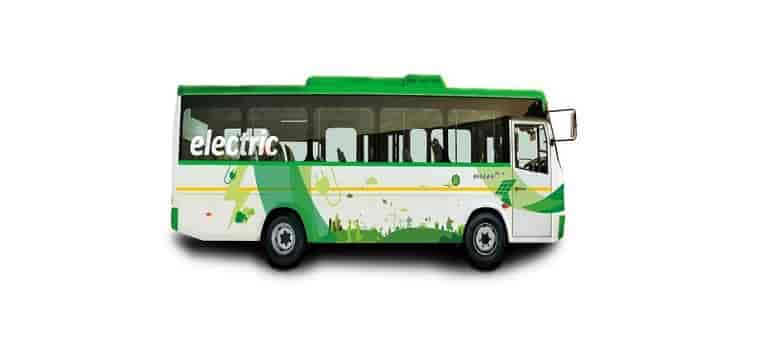
In a bid to curb pollution in the Capital, the Transport Department, Government of National Capital Territory of Delhi (GNCTD) has floated tender for 385 electric buses. GNCTD has floated tender under two clusters E1 and E2. Under the cluster E1 there is a requirement of 275 buses and under cluster E2 there is a requirement of 110 buses.
Last date for the submission of the bid is April 26, 2019 and a pre-bid meeting is scheduled on March 22, 2019.
As per the RfS document a bidder can bid for both the clusters by submitting separate price bids for each of the clusters in the proposal. Successful bidder for each project will have to enter into a “Concession Agreement” with Transport Department GNCTD.
Transport Department GNCTD notes that the bus design must be suitable for daily operation of 16 to 20 hours in city service with peak loading of over 100 passengers, an average traveling speed of about 15 Kms per hour with starts/stops after every 200 to 300 meters. And it should have buffer motor capacity in terms of kW to take care of peak overload of about 20 percent and tire rating should be such that it meets the requirement of peak hour loading.
The bus should be designed concerning its body and different aggregates to operate in city service for 12 years or 1,000,000 km (whichever is earlier).
The Delhi Cabinet recently approved a proposal to add 1,000 low-floor AC electric buses to the national capital’s public transport fleet, claiming to be the first city in the country having a large number of such vehicles.
“This is the largest such commitment so far by any Indian city and for any city outside of China,” a Delhi government statement said.
The Delhi government is committed to providing an efficient and environment-friendly mode of public transport for the residents of the city. Creating sufficient capacity in the public transport system is the only way to reduce air pollution in Delhi and bring down the number of vehicles on the roads of the national capital to reduce congestion, the statement said.
The cabinet also gave its approval to allow the Transport department to ask the prospective bidders to bring the buses with CCTV, Automatic Vehicle Tracking System (AVTS), panic buttons and panic alarms, as per the specification finalised by the government.
The cabinet also approved the proposal to authorise the Transport minister for approval of all Request for Qualification and Proposals (RFQPs) under this project.
These 1,000 low-floor electric buses will be parked and charged overnight at six depots called as parent depots.
If you really appreciate our work and love our cherry picked stories
Follow us on Twitter , Like Us onFacebook and Subscribe ourYouTube Channel.
